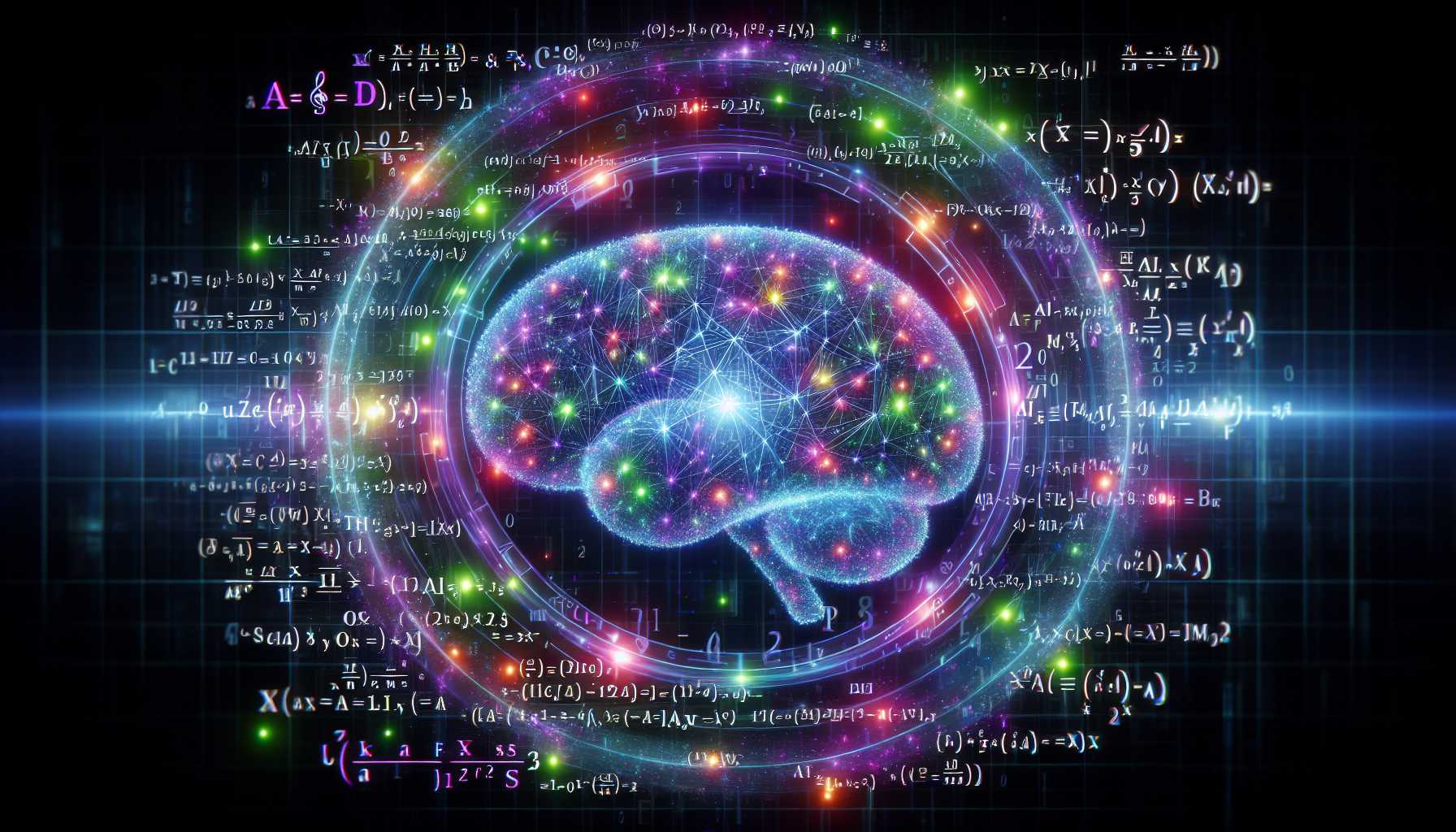Revolutionizing Space and Mathematics: The Cutting-Edge Projects Shaping Our Future
Space Security: Lodestar’s Game-Changing Robotic Arm
The horizon of space technology is frequently dotted with awe-inspiring innovations, yet few concepts seem as audacious as Lodestar’s foray into developing a first responder service for space. Lodestar’s pioneering approach seeks to ensure our vital satellites remain secure, operational, and repairable even in the labyrinthine vacuum of space. This London-based startup is not content merely to follow the footsteps of giants; it’s blazing a new trail with its platform-agnostic robotic sentries. The catalyst behind this endeavor? A highly sophisticated robotic arm that promises to be a game-changer in the realm of space security and asset management.
The Genesis of Lodestar
Lodestar was conceived by engineers Thomas Santini and Neil Buchanan, who, rather serendipitously, met at Entrepreneur First, a renowned incubator. Initially, their ambitions soared towards 3D printing in space—a revolutionary idea still waiting for its epoch. Realizing its practical limitations, they pivoted towards robotic systems designed to serve and protect space assets. As Neil Buchanan succinctly puts it, the fundamental issues concerning space security are significant, especially for Europe, which is playing catch-up with formidable entities like China and Russia. Lodestar has seized this opportunity to enhance national security, aiming at a scalable solution that could fuel future commerce in space. By raising $2.5 million, the company has set a robust foundation for its ambitions.
A Robotic Arm with Dexterity and Versatility
Lodestar’s robotic arm is not just a feat of engineering but a marvel of interoperability. Imagine a utility belt; the robotic arm can swap in different end effectors, or even a refueling interface, allowing it to inspect, repair, and protect high-value assets in space. This groundbreaking technology is set to transform how we maintain our satellites, ensuring they continue to provide crucial services like GPS and disaster coordination. The initial goal is an in-orbit demonstration by the end of 2025, which involves the robotic arm grabbing and releasing a target object within two meters. This prototype will serve as the testing bed for more complex and adaptive systems aimed at enhancing space security.
AlphaProof and AlphaGeometry: Redefining AI in Mathematics
While Lodestar looks toward the skies, Google’s DeepMind has its intellectual gaze fixed firmly on the ground beneath us. One of the most tantalizing prospects of AI has always been its heuristic capabilities, its potential to perform feats that traditionally relied on human ingenuity and domain-specific expertise. And in this domain, few endeavors are as audacious as tackling the International Math Olympiad (IMO) problems. Google’s AlphaProof and its geometric counterpart, AlphaGeometry, are redefining what AI can achieve in the realm of mathematics. Combining the prowess of large language models with AlphaZero’s machine-learning capabilities, these algorithms are solving complex problems that would stump many a mathematician.
The Genesis and Mechanics of AlphaProof
AlphaProof leverages Gemini, a large language model, to translate naturally phrased math questions into a programming language called Lean. This translation forms the basis for another algorithm to rigorously work through proofs, guided by trial and error, until correct solutions are arrived at. From algebra to number theory, AlphaProof has shown its mettle by solving problems that align with the skill level of silver medalists at the IMO.
AlphaGeometry: The Geometric Counterpart
On the other side, AlphaGeometry converts geometry problems into computable forms using Gemini and tackles these challenges with another specialized program. While AlphaProof addresses algebra and number theory, AlphaGeometry excels in manipulating geometric elements. Both systems, collectively termed “neuro-symbolic,” combine conventional programming with artificial neural networks, allowing them to approach problems with machine learning and logical reasoning jointly. While the math solutions provided are definitive, the broader applications of this combined approach promise to raise the bar for AI’s capabilities significantly.
Why This Matters: The Implications for AI and Mathematics
The implications extend far beyond successfully cracking math problems. As David Silver of Google DeepMind emphasizes, it’s about improving AI’s reasoning capabilities and moving towards a future where complex, real-world problems can be addressed with a similar level of rigor and reliability. Although many real-world issues are more ambiguous than mathematical theorems, the principles applied in AlphaProof and AlphaGeometry represent a significant step forward.
The Future: Expanding the Scope
The methods used for AlphaProof have potential applications in other areas of mathematics and perhaps beyond. Imagine AI systems that can turn vague, complex questions into structured problems which can be reasoned over to produce reliable results. The promise of such technology goes beyond academic interest—it could revolutionize industries, improve logistics, and much more.
Final Thoughts
In both space and computational theory, these innovations symbolize the relentless march towards progress. As a tech investor and expert, it’s heartening to see startups like Lodestar challenging the status quo and tech giants like Google DeepMind pushing the boundaries of what AI can achieve. As the tapestry of our technological future unfolds, these endeavors reveal the potential of human ingenuity powered by cutting-edge technology. Lodestar’s robotic arm represents a paradigm shift in space security and maintenance, raising hopes for a safer, more resilient network of space assets. Meanwhile, AI projects such as AlphaProof lay the groundwork for more rigorously logical and capable AI systems that are not just confined to academic problems but poised to tackle some of the world’s most intricate issues. Whether on Earth or among the stars, these pioneering efforts reaffirm our trust in science, technology, and the boundless possibilities they bring forth.
“`



